I'm currently doing a CS course and one of the tasks was to implement a dictionary. Most functions seem to work fine but when it comes to finding the correct amount of misspelled words it fails (talking about check function).
If I include tmp[n] = '\0', to indicate the end of a string, the output is correct but I don't understand why exactly.
I thought by declaring the size of the array tmp[] to strlen(word) it wouldn't be necessary to indicate when a string ends.
Do garbage values play any role in this? And how could I improve the speed of the check function?
I hope you guys understand what I mean. If I need to include more, just tell me.
without '\0':
with:
// Implements a dictionary's functionality
#include <stdbool.h>
#include <stdio.h>
#include <stdlib.h>
#include <string.h>
#include <ctype.h>
#include <string.h>
#include <strings.h>
#include <stdint.h>
#include "dictionary.h"
// Represents a node in a hash table
typedef struct node {
char word[LENGTH + 1];
struct node *next;
} node;
// Number of buckets in hash table
const unsigned int N = 11230;
// Hash table
node *table[N];
// Returns true if word is in dictionary else false
bool check(const char *word) {
char tmp[strlen(word)];
int n = strlen(word);
for (int i = 0; i < n; i++) {
tmp[i] = tolower(word[i]);
}
tmp[n] = '\0';
int index = hash(tmp);
node *head = table[index];
while (head != NULL) {
if (strcasecmp(head->word, word) == 0) {
return true;
} else {
head = head->next;
}
}
return false;
}
// Hashes word to a number
unsigned int hash(const char *word) {
// got this hash function from https://stackoverflow.com/questions/4384359/quick-way-to-implement-dictionary-in-c
// from user lifebalance
unsigned int count;
unsigned int hashValue = 0;
for (count = 0; word[count] != '\0'; count++)
hashValue = word[count] + (hashValue << 6) + (hashValue << 16) - hashValue;
return (hashValue % N);
}
char buffer[LENGTH + 1];
int count = 0;
// Loads dictionary into memory, returning true if successful else false
bool load(const char *dictionary) {
FILE *file = fopen(dictionary, "r");
if (file != NULL) {
while (fscanf(file, "%s", buffer) != EOF) {
node *newnode = malloc(sizeof(node)); // creating new node
if (newnode == NULL) {
return false;
}
strcpy(newnode->word, buffer); // copying buffer into node->word
newnode->next = NULL;
int index = hash(newnode->word); //hashing index
count++; // count words in dictinoary
if (table[index] == NULL) {
table[index] = newnode;
} else {
// solution 1
/*
node **head = &table[index];
newnode->next = *head;
*head = newnode;
*/
node *head = table[index];
newnode->next = head;
table[index] = newnode;
}
}
fclose(file);
return true;
}
return false;
}
// Returns number of words in dictionary if loaded else 0 if not yet loaded
unsigned int size(void) {
if (count > 0) {
return count;
}
return 0;
}
// Unloads dictionary from memory, returning true if successful else false
bool unload(void) {
for (int i = 0; i < N; i++) { // loop through all buckets
node *head = table[i]; // set head pointer to first item in arraz
while (head != NULL) { // until ->next points to null
node *currentnode = head; // currentnode points to what head points
head = head->next; // pointer head points to next node
free(currentnode); // delete/free currentnode which was the head before
}
}
return true;
}

